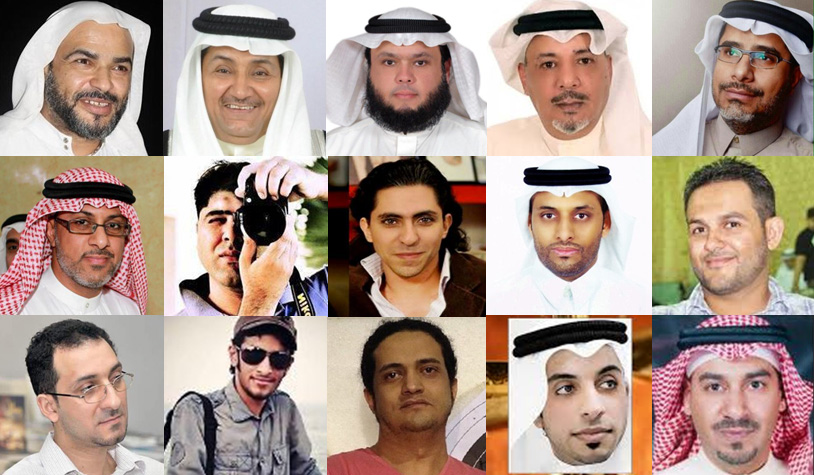
Under the title: Journalism Under Digital Siege, the world will celebrate the 2022 World Press Freedom Day on May 3rd. According to the United Nations, this title highlights the numerous ways that threaten the press through surveillance and cyber-attacks on journalists.
The celebration comes as Saudi Arabia exercises various types of threats against journalists, social media users, and activists, including the use of technology and the digital world against them and taking advantage of the law against cybercrime to legitimize its suppression.
This day has been celebrated since 1993 to remind the governments to respect their commitment to freedom of the press. It is an opportunity to reflect on press freedom issues and a tribute to journalists who have lost their lives in the line of duty.
The United Nations noted that surveillance of the press leads to the disclosure of information collected by journalists, violates the principle of source protection, and harms the safety of journalists by disclosing private and sensitive information that could be used for harassment or arbitrary judicial attack.
Saudi Arabia digitally besieges journalists and activists. Over the past years, Saudi Arabia has used the information it obtained digitally to pursue them inside and outside of the country and harass them.
In Saudi Arabia, freedom of the press is denied as the government claims traditional media, extensively monitors social media. It also prosecutes journalists and individuals who share information through arrests, harassment, high fines, and murder. In addition, Saudi Arabia criminalizes communication with the media and uses it as a charge to prosecute individuals.
According to information published in 2018, Saudi Arabia recruited Twitter employees to access data, details, and news related to citizens, activists, and journalists. The reports revealed that spying on the accounts of some journalists and tweeters led to their arrest and prosecution.
In addition, according to European-Saudi Organization for Human Rights, Saudi Arabia used private data from social media to prosecute and hold citizens accountable for their positions and opinions.
Press reports also confirmed the Saudi government's purchase in 2021 of the "Pegasus" spying system, which is used to pursue opponents abroad and wiretap them.
In March 2021, United Nations special rapporteurs published the sent letter to the Saudi government regarding Crown Prince Mohammed bin Salman's participation in a coordinated hacking campaign against Amazon CEO and Washington Post owner Jeffrey Bezos. The statement indicated that Saudi Arabia used the hacked data in a "massive online campaign against Bezos" and his companies. The campaign aimed to avenge the activity of the Washington Post newspaper owned by Bezos. The newspaper had published unfavorable reports about Saudi Arabia, especially after the murder of journalist Jamal Khashoggi, who was a writer in it. The rapporteurs considered that these allegations, if true, constitute violations of the rights to freedom of expression and privacy and reinforce concerns about the role played by electronic surveillance in the murder of Khashoggi.
The European Saudi Organization for Human Rights believes that Saudi Arabia does not provide a means to besiege press freedom and prosecute journalists. In addition, the digital world has become the most prominent means in recent years. The organization stresses that persecuting journalists and activists in Saudi Arabia and restricting freedom of the press is Saudi Arabia's way to stifle society, prevent information, and continue with the cycles of repression.
